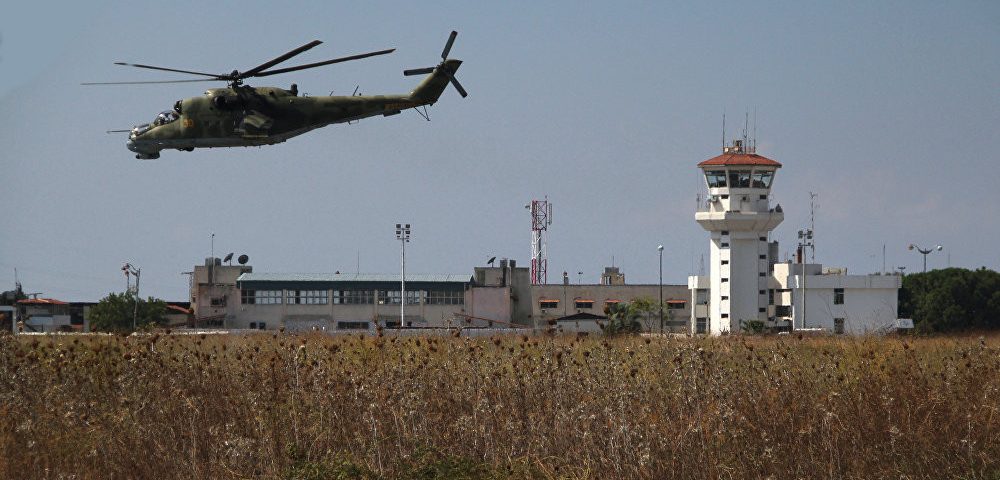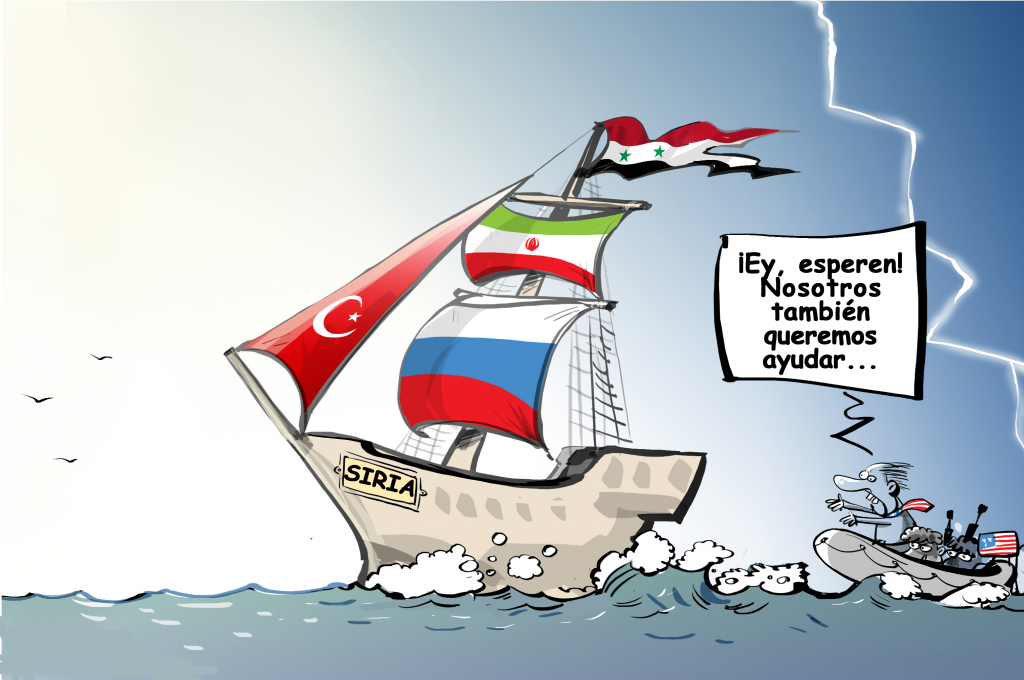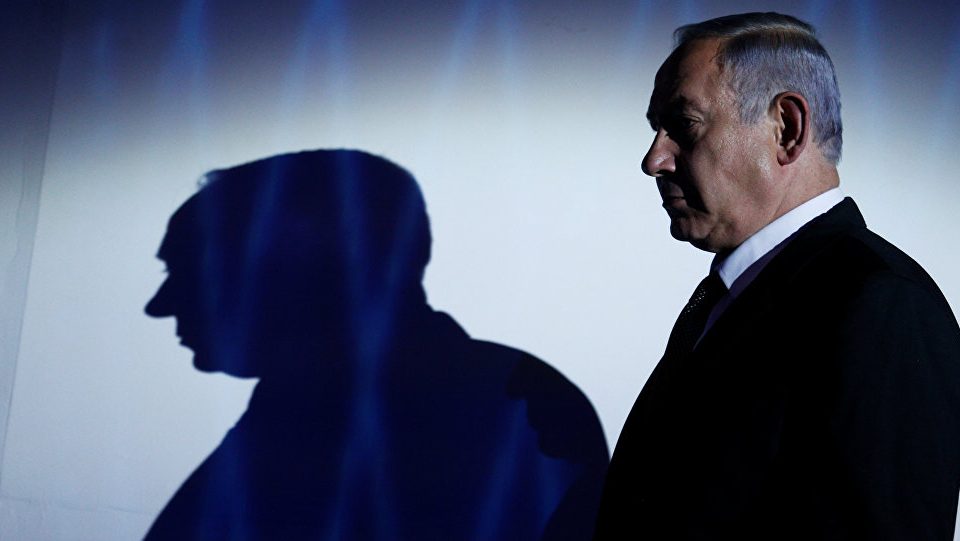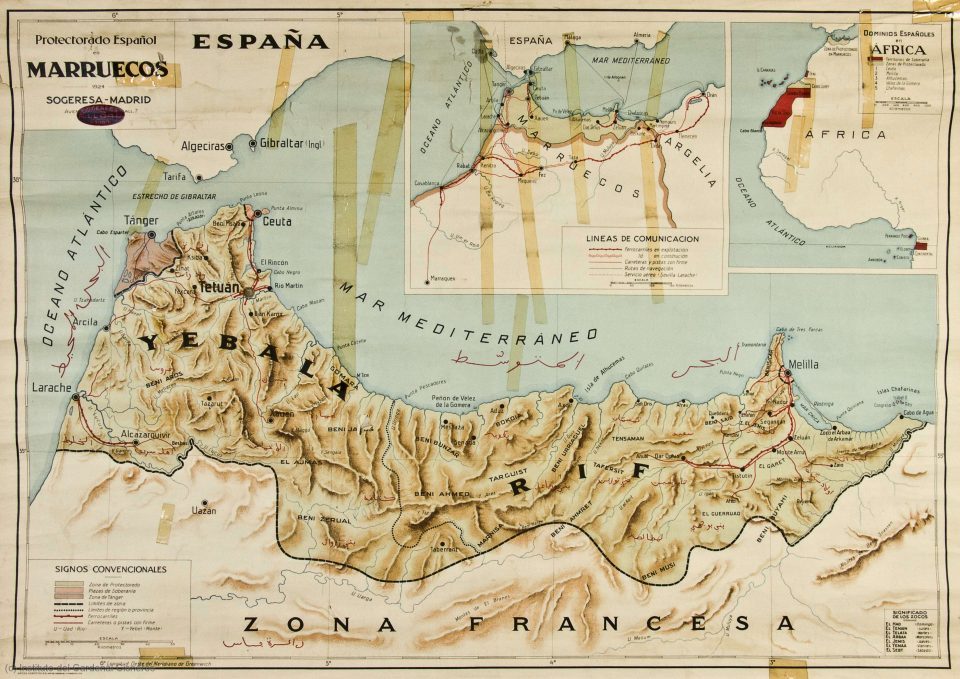Los dos ‘ejes’ en Siria: ¿cuál es el del bien?

The summit of the leaders of Russia, Iran and Turkey on the post-war future of Syria highlighted the readiness of the regional actors to take responsibility for stability in their immediate neighborhoods, without relegating it to any remote actor, a Russian political scientist points out. an article for Sputnik.
«The world is very accustomed to the concepts of blocs and ‘axes’ in international politics. (…) With each US president, the representatives of the ‘axis of evil’ changed.In Trump’s time the list includes Iran, Korea of the North, Russia, Venezuela and Cuba, «writes Guevorg Mirzayán, a political scientist and researcher at the Russian Finance University.
In turn, Moscow long ago advocated abandoning the dichotomy of the ‘good and bad’, and called for the ‘axes of order’: cooperate at the regional level to promote stability and development in their regions. Even the Kremlin invited the US into such structures, always to be rejected again.
But the chaos in the Middle East changed the agenda. «While the Americans are totally disoriented in the region, the regional demand for an order is growing, and that ‘axis of order’ was formed by Russia, Iran and Turkey,» the expert writes.
The three countries will decide the future of Syria in the post-war period without inviting far-away actors, which is evidenced by its support of the Astana consultation format – which proved very effective in promoting the Syrian solution – and not of Geneva, where neither Turkey nor Iran are present, but the USA, Europe and Saudi Arabia do.

The countries of the West and the Persian Gulf are discarded from the Syrian settlement because of their inability to negotiate, says Mirzayan. Once Russia launched its air operation in Syria, all the actors should have radically modified their positions. Turkey managed it while the others were slow to perceive the changes.
Now the participation of other countries in the Syrian settlement is at the mercy of Moscow, Tehran and Ankara, who have different opinions on the matter, the author theorizes.
Moscow is not against achieving a balance of interests in Syria. Exactly for this on the eve of the summit of the three guarantors in Sochi the Russian president spoke with all the members of the alleged ‘axis of good’ in the Syrian conflict: USA, Israel, Saudi Arabia and others.
Tehran , in turn, categorically opposes this idea. For Iran, the foreign presence of countries that «give themselves the right to judge the issues of democracy and human rights», together with the idea of resorting to violence and terrorism, is unacceptable. In addition, the Persian country highly values its influence in Syria, according to Mirzayán.
Ankara would also not greet additional actors in Syria. In the midst of tensions between Turkey and its Western partners, giving up its influence in the Arab country – albeit much less than Iran’s – for Erdogan is not a matter to be discussed.
It is not the only issue to be resolved between the three guarantors. The list of opposition groups that will negotiate with Damascus remains to be agreed. The issue is of high importance for Ankara, especially as regards the possible Kurdish participation in the determination of Syria’s political structure.
In this context, rumors about the US presence in northern Syria and the creation of the Kurdish ‘parallel authorities’ even after the final defeat of Daesh take on a meaning:
«It is clear that the US seeks to take root in the north of the country to have the possibility of negotiating with the ‘axis of order’ on an equal footing» when the time comes, concludes the expert.
Fuente: sputniknews





